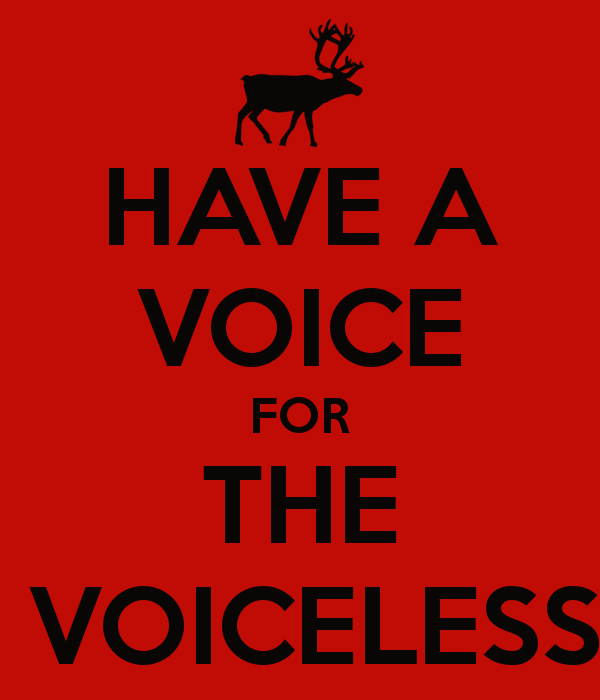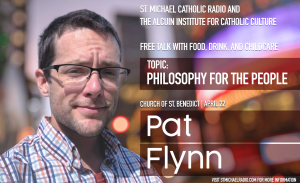Catholic Radio bringing voice to the voiceless in Uganda

CATHOLIC RADIO BRINGING VOICE TO VOICELESS IN
UGANDA
By Ann Schneible
Arua, Uganda, Dec 19 (CNA/EWTN News)— A small community radio station in rural Uganda, running almost entirely on solar power, is spreading the Gospel and giving “voice to the voiceless” in regions of conflict and suffering.
Radio Pacis, located in Arua, Uganda, was recently the recipient of Eurosolar’s European Solar Prize for 2014 in the category of One World Corporation, for its promotion of solar power.
“We produce more power during the day than we need,” said Comboni missionary Fr. Tonino Pasolini in an interview with CNA, “so the power goes into the community.”
Fr. Tonino, who founded Radio Pacis in 2003, was in Rome for the award ceremony in November.
He said that, because the station is in a region with a long history of conflict and suffering under dictatorships, it has been called “Radio Pacis” – or “Radio of Peace.”
With the tagline “Peace of Christ for all,” Fr. Tonino said, “its mission is to proclaim the good news, the Good News of Jesus for the holistic development of the person and the society.”
As a community radio staffed with nearly 100 people, including a network of 75 local journalists, the team goes out into communities, sometimes hundreds of kilometers away, to explore the various issues being faced.
The local people of these communities, many located in regions of conflict or injustice, “speak out,” Fr. Tonino said. “They are courageous because they are safe with us, with our staff. They have the courage to say what they think because they feel protected by us.”
“People are amazed by this because they hear their voices, these problems which are in a given village, [and how] it’s similar to the issues of another village,” he said. They “feel really that the voice of the voiceless finally is heard.”
Reaching out to Protestants, Muslims and Catholics alike, Fr. Tonino described the station as a “missionary radio.”
“We want to portray the vision of the Second Vatican Council,” he said. “Pope Francis speaks so much about [how] we are happy to share [the faith] with everybody, and people start understanding. Even Muslims start respecting Catholics much more than they used to in the past.”
Recently, director of Vatican Radio’s English program, Sean Patrick Lovett, was part of a team which went down to Radio Pacis to teach the journalists and technicians the basics of radio broadcasting.
“The response was extraordinary,” he told CNA, “because the people were so passionate about what they do.”
At Radio Pacis, he explained, the journalists are not confined to studios and offices, but rather must “go out into the field” to “encourage people to tell their stories.”
Lovett, who himself was born in South Africa, explained that “in Africa, you still have this wonderful, oral story-telling tradition.”
“The young people, the old people, the men, the women, the children, they tell their stories.”
Vatican Radio provides some of the programming for Radio Pacis, bringing the voice of the Pope to those in the region.
For many – such as refugees from South Sudan and Congo – radio “really becomes their only connection with the world outside. A source information. A source of consolation,” Lovett said. “Africa is immense,” he explained. “Africa is so diverse. You have the huge, thriving cities. You have the rural Hinterlands. You have the towns. You have the villages. And you have areas where electricity doesn’t reach…Very often the people don’t read or write.”
“Radio cuts across all of this. Radio doesn’t need electricity. Radio doesn’t need to be read. Radio touches the most elemental and emotional heart of the human person. It reaches places where no other media will reach. And, it touches people in a way that no other media can touch them. And that is why radio will never die. In Africa, it’s growing faster than you and I can imagine.”
For priests like Fr. Tonino, who is often unable to visit many of the parishes in his community on a weekly basis, Lovett said Radio Pacis “truly becomes the connecting link: that which allows the commu- nity to feel as a community, and to be part of the Church, and linked with other communities in the area.”
RADIO MARIA ARRIVES IN THE D.R. OF THE CONGO;
THE GOVERNMENT GIVES IT SEVEN MORE FREQUENCIES
Rome (Radio Maria World Family; translated by CRU)— Radio Maria Congo Democratic Republic (RDC) is a big project in the interior of an immense country (2,345,409 square meters) with about 67 million inhabitants of which about half are Catholic. The first project of Radio Maria was born in Kananga (in the center of the country) on March 25, 2009, broadcasting in the Chiluba language, with a coverage of about seven dioceses. On August 22, 2014, the Radio Maria World Family opened a second station in the Swahili language, in the city of Bukavu, located in a region of the RDC that has known 20 years of war going back to 1994, with more than 8 million killed. Yes, the Madonna has sent us again to where the people suffer.
On October 31, 2014, the Papal Nuncio Mons. Adolfo Tito Yllana officially inaugurated the national headquarters of Radio Maria RDC to Kinshasa, where the Lingala language is spoken. for the moment, Kinshasa produces some national programming transmitted also by the stations in Kananga and Bukavu. All Radio Maria installations produce programs also in the local language, with the goal of speaking to the hearts of all persons in their own mother tongue.
On November 17, 2014, the Congolese government has give another 7 new frequencies located in the biggest cities of the country. It is a grand opportunity but also a challenge because we have only a year to occupy those frequencies. In a short time, the opening of another station in Matadi broadcasting in the Kikongo language is foreseen. This is the last of the important languages of the RDC, after Chiluba, Swahili and Lingala, of which we have spoken.
For Matadi we have to confront a grand total of another €150,000 (over $183,000) to cover the following necessity: broadcasting equipment, audio equipment, remodeling of the building to serve as station headquarters, chapel, remote broadcast equipment, and promotional material.
This huge sum does not include the additional expenses needed for setting up the other stations around the Democratic Republic of the Congo. With your help, at the conclusion of this project, Radio Maria RDC will be the most important national Catholic radio in all Africa!

